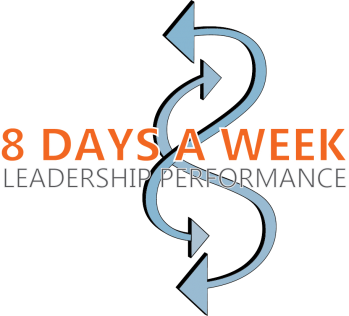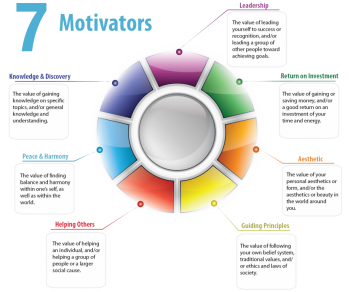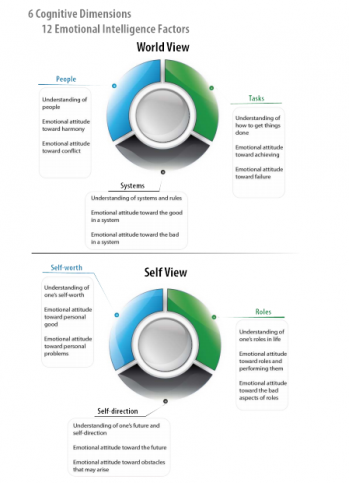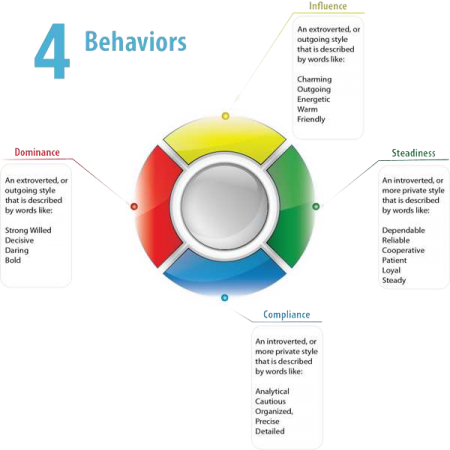



The most powerful change you can make comes from within.
Self awareness leads to self management which leads to you being able to better adapt to your world and improve your life and the lives of others.
Life Coaching
Our Life Coaching programs draw upon a variety of tools and techniques from disciplines such as sociology, psychology, positive adult development and are, at times closely linked to our career coaching, with an aim towards helping people identify and achieve personal goals.

What is narrative coaching?
It is an evidenced-based methodology developed by Dr. David Drake over the past twenty years. He
has taught this work to over 15,000 leaders, managers and practitioners around the world. He has
used it in organizations such as Nike, PwC, Westpac as well as numerous government agencies to
help them achieve breakthrough results from their change initiatives.
In recognition of his contributions to the field, he was selected as a Thought Leader and Fellow by the Institute of Coaching at Harvard.
What makes it unique?
Narrative coaching stands out in a number of ways:
• It offers a robust methodology that enables people to develop themselves in real time and
achieve real results for the future without a dependency on goals.
• It draws from the broader social sciences, not just psychology, as well as contemporary
fields like design thinking to provide a truly systemic approach to behavior change.
Our life coaching is built on the science of Values, namely Axiology.
It may come as no surprise to you that People are different. They have different appearances, quality of voice, specific body language traits and posses a multitude of beliefs. This leads to people thinking differently. Axiology is the science that studies how people think through determining the value of different things. Part of our survival and adaptation process comes from our attempts to make meaning of things and we do this through comparison and assigning value to concepts, things and people. Our value judgement based on these assignments guide us to either represent or distort reality.
To value is to set priorities. We align ourselves to certain ideas, particular roles, makes and models of things, and associate with specific types of people. We have a certain level of self-confidence, work confidence and moral strength and our thinking, judgement and decision making are all based (and measurable) on these and other aspects. It is to think about how things relate and then to decide through our own specific lens, what "good" (better or best) looks like. All of us assign higher value to some things and lower value to others, in a consistent, unique and measurable manner, forming our "Habit Zone".
Importantly this value structure can be measured against a standard (Dr Robert Hartman's Universal Hierarchy of Value) allowing us to produce a map of your thinking, decision making and judgement which we use to underpin your coaching. We do not have to fish for answers as they are provided accurately and scientifically, giving you a clear picture for progress.
We utilise and integrate into bespoke coaching programs, concepts drawn Narrative Coaching, Behaviour and Motivation theory, Cognitive Behaviour Therapy and PsychoDynamics and, by identifying your Strengths, put you in control of your plans and decision making.
We are Certified Axiological, Motivation and Behaviour Practitioners


Motivation
Motivation is literally the desire we have to do things. It is the difference between waking up before dawn to get started on a particular project and lazing around the house all day watching TV.
It's the crucial element in setting and attaining goals. Research shows you can influence your own levels of motivation, but far too often, we fail to do so.
Staying motivated can be a real struggle.
When trying to maintain motivation, our drive is constantly assaulted by negative thoughts and anxieties about the future.
What separates the highly successful from those who fail is the ability to stay motivated and keep moving forward. There are three major reasons people fail to maintain motivation.
- Lack of confidence
- Lack of focus
- Lack of direction
It’s practically impossible to avoid periods of low energy, bad luck, and even the occasional failure.
Motivation can be difficult during these times.
There is no simple solution for a lack of motivation. Even after beating it, the problem can reappear at the first sign of failure.
Our Life and Career coaching programs, designed for you, will give you tactics you can use to help become, and stay motivated.
